Gasification

• Using alternative fuel pellets in the gasification industry offers numerous benefits. Alternative fuel pellets provide a stable and consistent feedstock, improving the reliability and predictability of gasification operations.
• They also have a higher energy density, enabling efficient storage, transportation and handling.
• Gasification with alternative fuel pellets can enhance process efficiency by allowing better control over parameters, resulting in higher conversion rates and improved syngas quality. This can translate into increased energy production and reduced operational costs.
• Furthermore, WKE alternative fuel pellets contribute to environmental sustainability by diverting waste from landfills and emitting lower levels of greenhouse gases compared to traditional waste incineration methods.
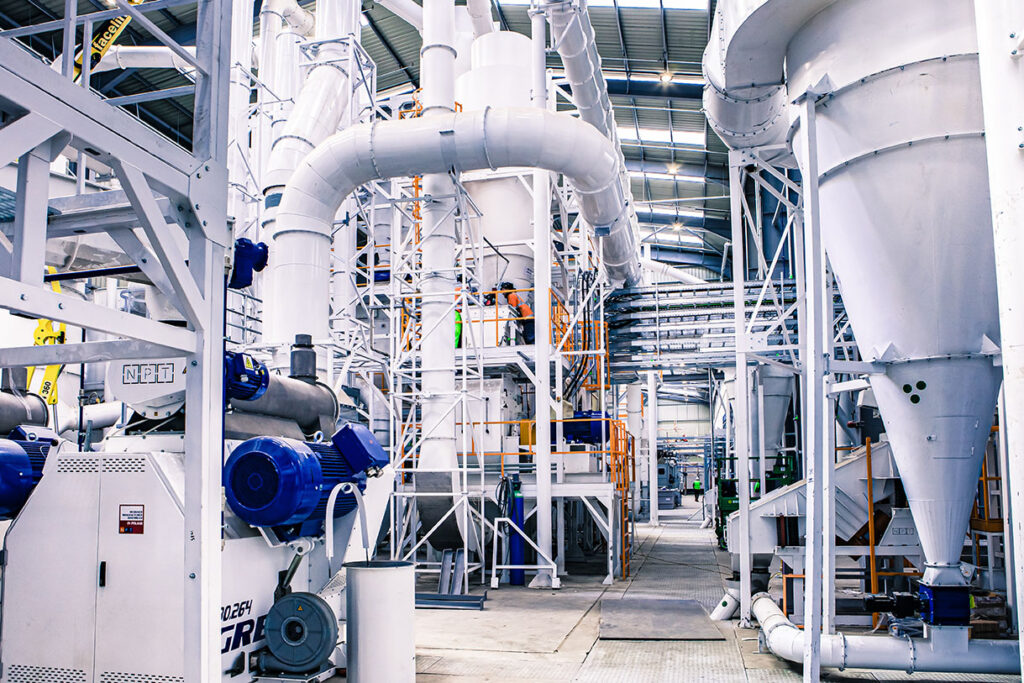
Benefits to the gasification industry
- Consistent fuel quality for reliable gasification processes
- Higher energy density for efficient storage and transportation
- Reduced reliance on fossil fuels
- Can be combined with other fuels
- Contribution to the circular economy and sustainability goals
- Lower sulphur content
Cement
• Cement production is costly in terms of energy consumption, and around 330 million tonnes of coal is consumed by the global cement industry annually.
• As the cement production process benefits from stable conditions, the use of fossil fuels, with their consistent calorific values and properties, have traditionally been preferred to alternatives, where until now those qualities have varied dramatically.
• WKE’s alternative fuel pellets address these key concerns. By sourcing loose SRF from multiple suppliers and brokers we can ensure that our pellets are more efficient and consistent in terms of energy and moisture.
• We subject imported SRF waste and our pellets to rigorous lab analysis to make sure that they perform in environments that require stability and consistency.
• We understand that the content and quality of regular shredded waste can vary, as can its moisture levels and energy output, which can have a big impact on cement production.
• The reduced fuel costs and significantly lower carbon emissions make WKE pellets an ideal fuel source for the cement industry. WKE is also able to offer a short-cut pellet, which would enable it to be used in the main burner.
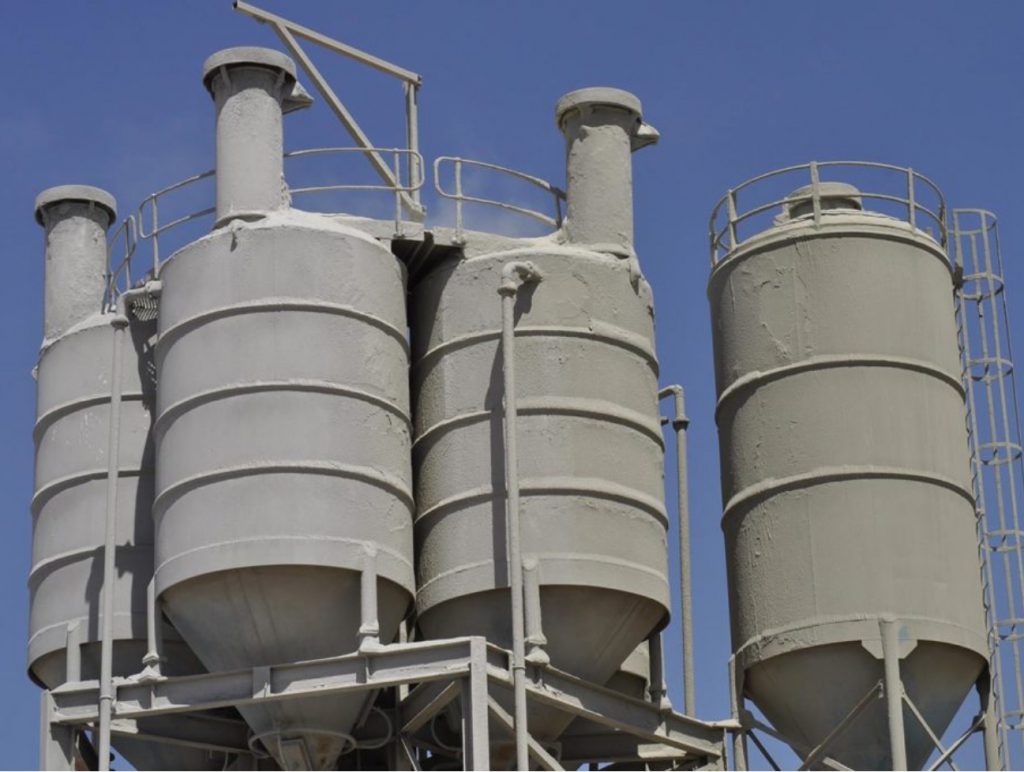
Benefits to the cement industry
- Easy to handle
- No engineering retrofits
- High net calorific value
- Sustainable local supply
- Can be co-ground with coal and pet coke
- Biomass content qualifies for ROC payments
Steel
• The UK Industrial Decarbonisation Strategy, released by the government in March 2021, targets a nearly fully decarbonised steel sector by 2035, based on recommendations from the Climate Change Committee.
• Our pellets offer stability of supply in terms of specification and price, and provide significant benefits for steel companies reporting on ESG scores. With EU targets on decarbonisation, the high biomass content of WKE alternative fuel pellets is a significant advantage to businesses in the sector.
• As a waste-to-pellet company that turns materials including wood, paper, card and non-chlorinated plastics that are destined for landfill into alternative fuel for steel manufacturers, we have been keen to demonstrate categorically that there are substantial benefits to using alternative fuel pellets – including that they perform two times better on CO² emissions than natural gas, and three and a half times better than coal.
• The results demonstrate that alternative fuel pellets work particularly well as a substitute to coal, including coking coal, foaming coal in the EAF process, pet coke and industrial coal, in steel manufacturing.
• The findings also revealed that the carbon emissions from the manufacture of the pellets was considerably lower than sending the waste straight to landfill sites.
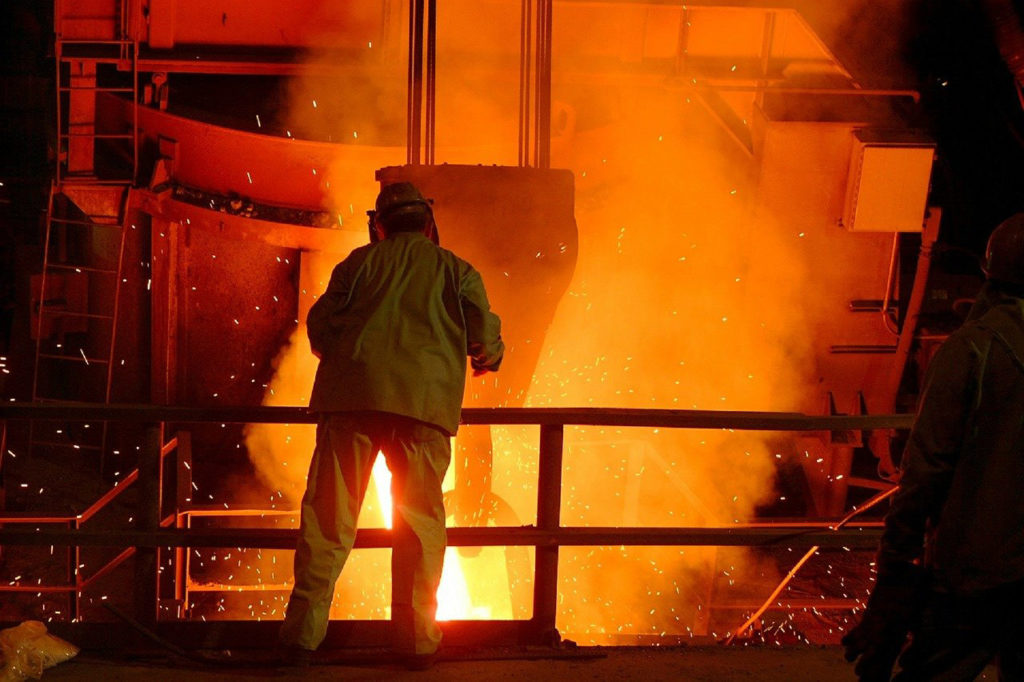
Benefits to the steel sector
- Consistent calorific value of 19 to 21
- Can be combined with other fuels
- Moisture content of SRF reduced from 14.5% to 4%
- Biomass content >50%
- Significantly lower cost per GJ compared to traditional fuels
- Diverts non-recyclable waste from landfill
Power
• Plans to ensure that Britain’s homes and businesses are powered by affordable, clean and secure electricity by 2035 have been unveiled by the government. We believe that alternative fuel pellets have an important role to play in this transition.
• It is also the case that today’s geopolitical climate threatens our national energy security – another factor that WKE pellets can help to mitigate.
• WKE alternative fuel pellets have a significantly lower cost per GJ of energy, and unlike fuels that are transported over large distances from overseas, the raw material is sourced locally.
• As such, WKE pellets represent a refined, re-processed and upgraded product when compared to regular SRF. The result is a highly homogeneous, consistent output that businesses in the power sector can rely on.
• Our pellets are also independently tested by an accredited laboratory to ensure specification quality and consistency.
• Our innovative technology will use the wealth of Britain’s waste-derived resources to deliver cleaner, cheaper power production, complementing other renewable-energy initiatives.
• WKE plans to focus on building a secure, home-grown energy sector that reduces reliance on fossil fuels and exposure to volatile global wholesale energy prices.
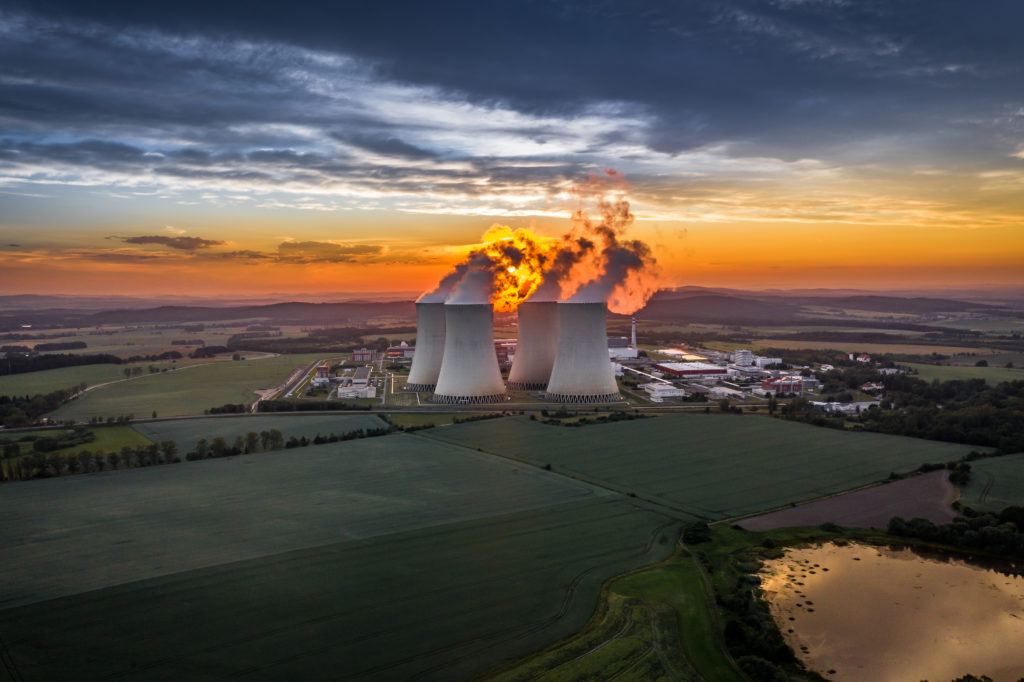
Benefits for power generation
- Low cost of energy produced
- Reduced transport costs and environmental impact
- Highly specified and consistent alternative fuel for high-energy users
- Sustainable UK supply
- Easy to handle and store
- Consistent quality of product
- Reduces CO² emissions
Brickmaking
• Clay products are an essential part of the European building industry; however, high firing temperatures mean that there can also be significant CO² emissions.
• Brick manufacturing requires the firing of products to around 1,000C. Achieving such temperatures makes brick production an energy-intensive process. Energy efficiency is therefore of high importance to brickmaking businesses and their consumers and stakeholders.
• Efficiencies in the manufacturing process are important, but this is not enough to meet greenhouse gas reduction targets. Replacing fossil fuels with a cleaner, sustainable alternative is the future of brickmaking.
• At the moment, the UK brick manufacturing industry produces 1.9 billion bricks a year and emits over a million tonnes of CO² annually. The industry is making huge strides in an effort to bring this down, looking to other sources for fuel.
• WKE alternative fuel pellets can offer a significant contribution to this low-carbon drive, laying the foundations for a cleaner, greener industry with a reliable and consistent alternative fuel supply. Plus, alternative fuel pellets can bring significant reductions to energy costs on a per GJ basis.
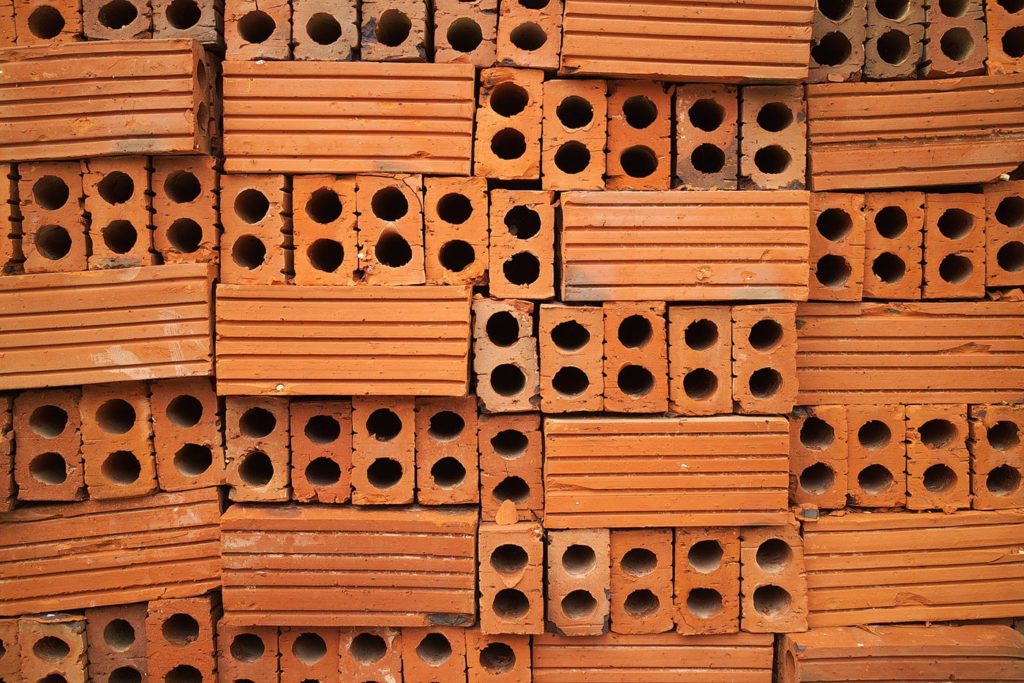
Benefits to brickmakers
- High CV content to cope with brick firing temperatures
- Creates a more circular industry
- Contributes to the low-carbon drive
- Ash content: 11% to 16%
- alternative fuel pellet production just 108kg CO² per tonne
- Chlorine: 0.5% to 0.8%
